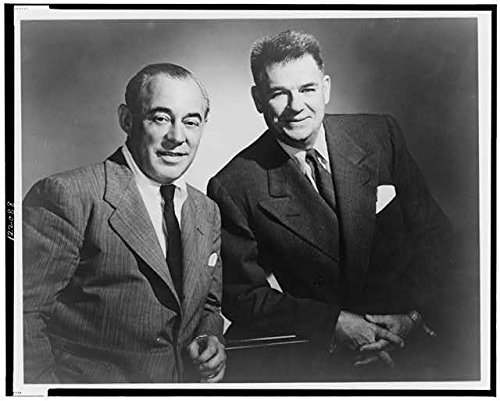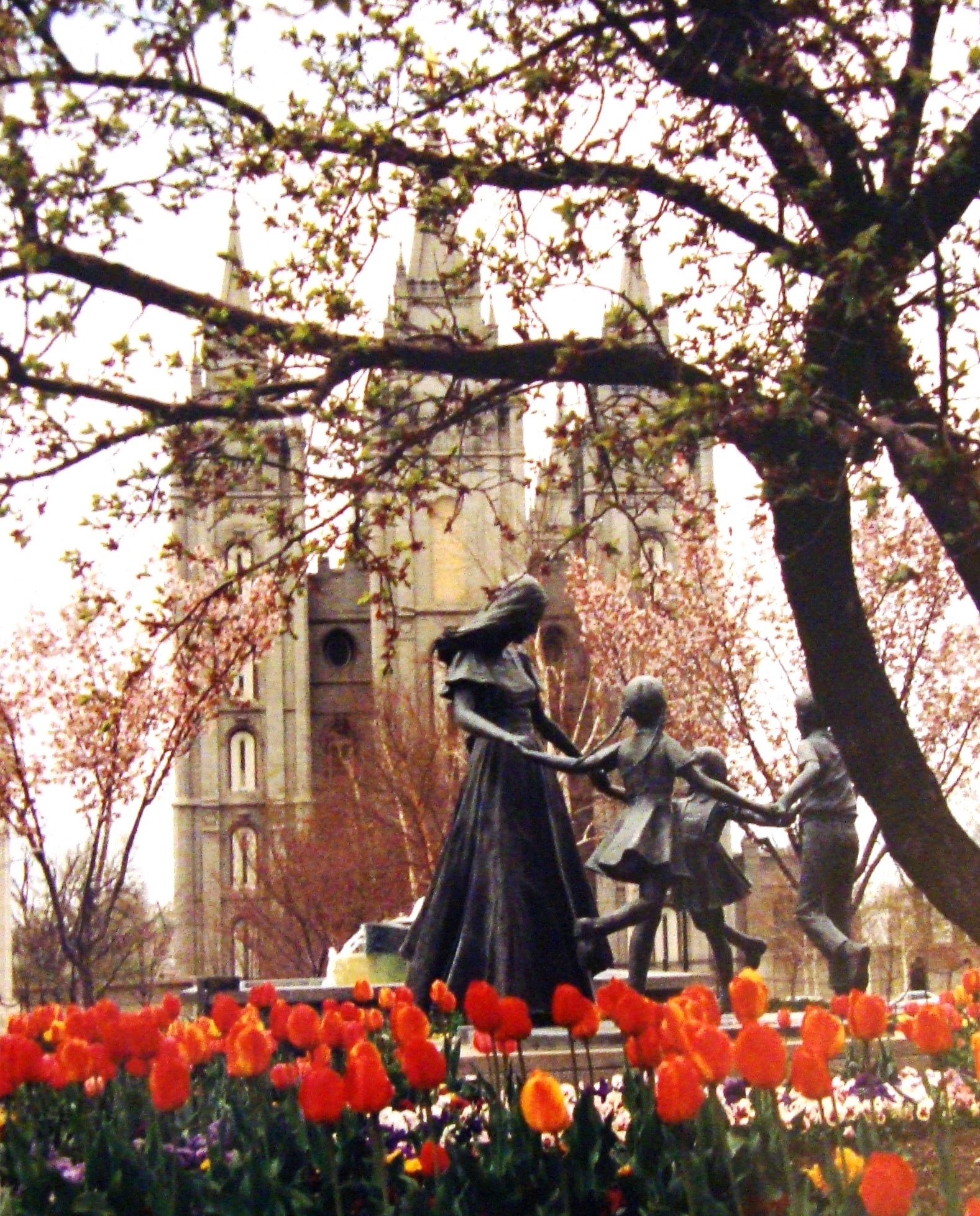I just watched a Mormon Tabernacle Choir broadcast, all of which was dedicated to the music and genius of Oscar Hammerstein II. Not only was it a musical feast, but my love for the Jewish people reawakened. It’s a little known fact that most Broadway musicals were a product of two great legacies: the American struggle to create itself and the Jewish struggle to recreate themselves. Jewish songwriters, lyricists, producers and directors wrote stories of outsiders who were lost, then found – a mirror of their own struggles over the centuries. But they didn’t directly tell their own story but instead told the story of the “Gentiles” (non-Jews) who founded this nation and gave birth to a vibrant new culture.
So why are Jewish people telling the Gentiles’ story? To answer that, I needed to reflect back on Biblical history:
A close reading of the Old Testament tells the story of the 12 Tribes of Israel, descendants of Abraham, his son Isaac, and grandson Jacob (spiritual name: Israel) who had 12 children with multiple wives – hence the Twelve Tribes of Israel. Throughout ancient history, their fate rose and fell on the tides of righteousness versus idolatry, false values, and downright wickedness. The Tribe of Judah are the ancestors of today’s Jewish people, especially the sect known as Pharisees. They were the administrators of the Kingdom, a “chosen people” unto God, also self-chosen by their righteous living and dedication to that God. But the tribes of Israel struggled and fought with each other, ultimately dividing into the Northern Kingdom of 10 tribes and the Southern Kingdom based in Jerusalem, consisting of the tribes of Benjamin and Judah. When the Northern Kingdom had “ripened in iniquity,” they were scattered by the Assyrians in the year 721 B.C., absorbed into other cultures, and are now called The Lost Ten Tribes of Israel.
The Southern Kingdom lost the way of good living, embraced sin to the degree of sacrificing their children to idols and embracing every known sin, resulting in their vulnerability to outside enemies. They were conquered by the Babylonians and carried away captive in 586 BC, as a group, for 70 years; they were then allowed to return and rebuild Jerusalem and, unlike the Northern 10 tribes, were able to maintain their culture and religious identity. But since a segment of Judah (mostly Pharisees), ancestors of today’s Jewish people, crucified Christ, they and their descendants have been fated to be “scourged,” afflicted, and evicted from every homeland throughout history as a way to ultimately bring them back to God. They found a refuge in Spain for centuries until the Inquisition sent them fleeing, yet again. Pogroms in Russia, the Holocaust during WWII, and persecution elsewhere finally drove many to America where they again found a safe harbor. Their business experience, intelligence, and creative talents opened doors of opportunity, especially centered on both coasts. Of course, not all Jewish people followed good paths, just as people from all religious and cultural groups spawn evil doers. But those who reached upward created much of our wonderful American culture.
This morning I’ve listened to classics from Sound of Music, Carousel, Oklahoma, and State Fair, with the spoken word given by Oscar Hammerstein III describing how his grandfather gave us such wonderful stories and lyrics through his own continual struggle and much failure. He told his sons, when playing tennis, to “always look to the next ball, not the last ball” – good advice for us all!
This wonderful legacy is detailed in the PBS Special, Broadway Musicals, A Jewish Legacy. I saw it years ago, never forgot it, and ordered my own copy recently. Who doesn’t love the music of Barbara Streisand, George and Ira Gershwin, Irving Berlin, Leonard Bernstein, and Richard Rogers (Oscar Hammerstein’s creative partner) to name just the most famous?
Christian prophecy tells of the great restoration of the Twelve Tribes of Israel with Judah’s spiritual leadership centered in Jerusalem and “Zion” or the Tribe of Ephraim as temporal leaders centered in the “New Jerusalem.” Even though many of our struggles only result in partial victories now, we have the hope of absolute victory in Christ at His Second Coming.
Him that overcometh will I make a pillar in the temple of my God,
and he shall go no more out:
and I will write upon him the name of my God,
and the name of the city of my God, which is new Jerusalem,
which cometh down out of heaven from my God:
and I will write upon him my new name. (Revelation 3:12)
Last week, I spent some wonderful time in our local LDS Temple, “sealing” ancestors together as families. I could feel the spirits of those who especially wanted this work performed for them, all of which is conditional upon its acceptance by them. It’s my testimony that everyone who wants this blessing, who lives so as to qualify for it, and embraces the path to it, can bring that restoration and ultimate unity to their own family.
Gladly, we also have the promise that the family of God will be made whole. All human life on this planet has the same promise: to be restored to their original place in the family of Abraham, Isaac, and Jacob, or be adopted into it; then to be taken home to the God who made us to live eternally with Him, the great patriarchs, our ancestors and families. Those who arrive there are not chosen capriciously by God, but they choose themselves through their intentions, efforts and journey towards truth.
Salvation is so much bigger than human ideas and even experience. It’s my “hope in Christ” that all those who have wandered, struggled, and felt lost will find the eternal home they’re seeking. The Jews, by telling America’s story, really tell the story of all humanity, for which we owe them a huge debt of gratitude.

